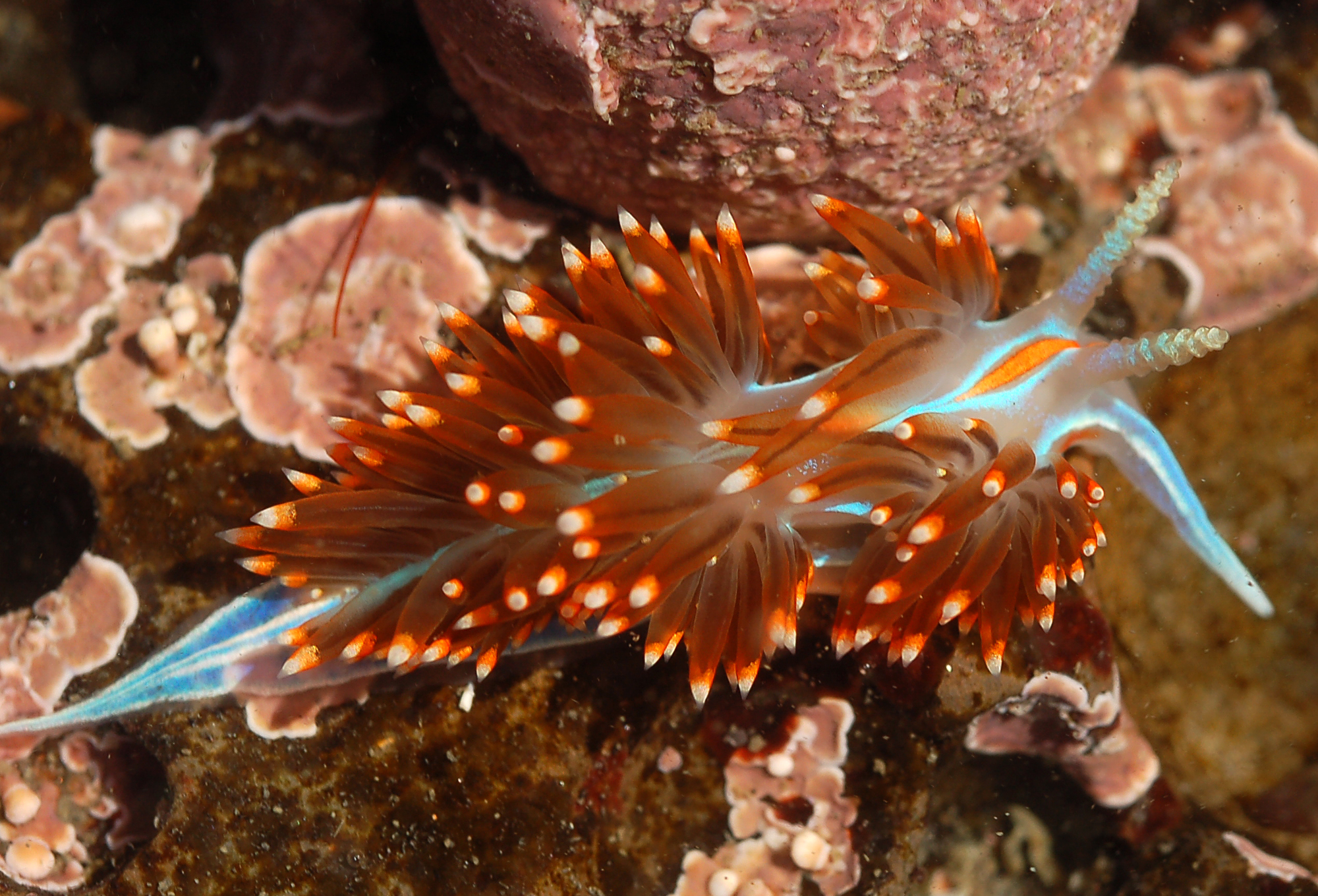Paul S. Katz, professor and director of neuroscience at the University of Massachusetts Amherst, will give the talk “Phylogenetic and Individual Variability of Neural Circuits Underlying Swimming Behaviors in Sea Slugs” at 6 p.m. on Thursday, March 7, in the Prairie Room of the Bone Student Center.
The talk, part of the R. Omar and Evelyn Rilett Family Life Sciences Lecture Series, is free and open to the public.
Katz uses sea slugs as his subjects of research due to their relatively small, simple brains, and that there are many different species of sea slugs, all with similar brain structures. His studies examine how neural circuits and behaviors have evolved over time. He bases this off the two different ways that these different species swim, and how their neurons control this movement. Katz aims to better understand which parts of the circuitry that makes up these slugs’ brains is essential, and which parts may be subject to evolutionary change. In a surprising new finding he demonstrates that behaviors and underlying brain circuits can evolve separately from one another.
Katz is the former president of the International Society for Neuroethology and has published more than 100 papers and book chapters about evolution, brain development, and how neural circuits affect underlying behavioral patterns. His recent papers include The importance of identified neurons in gastropod molluscs to neuroscience (2019) and “Model organisms” in the light of evolution (2016).
To learn more about Katz, visit his website.


